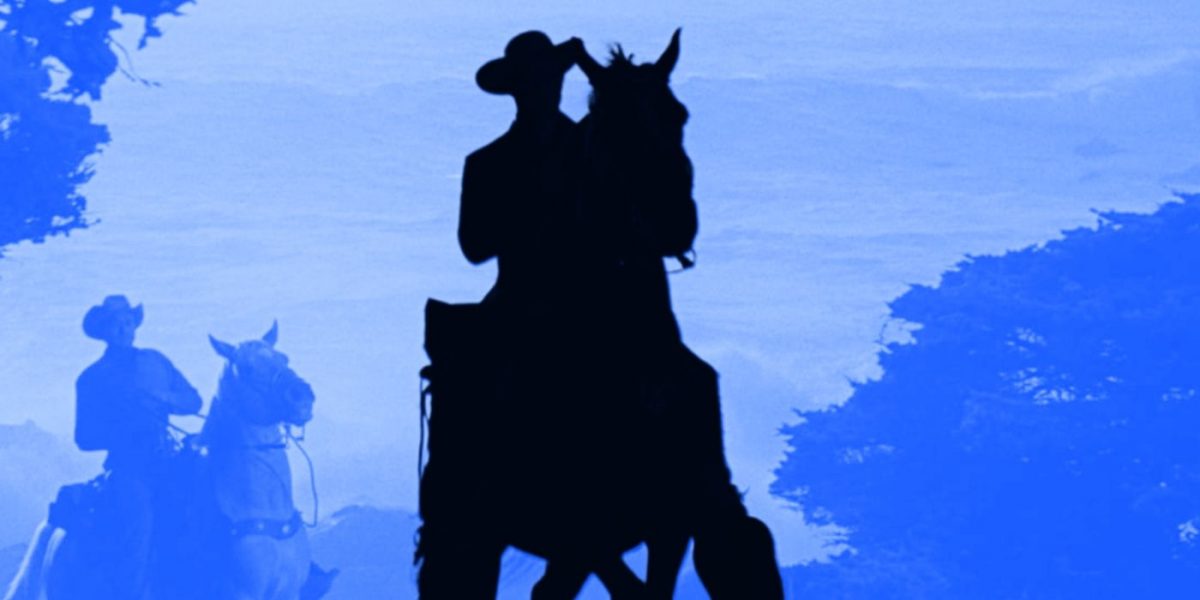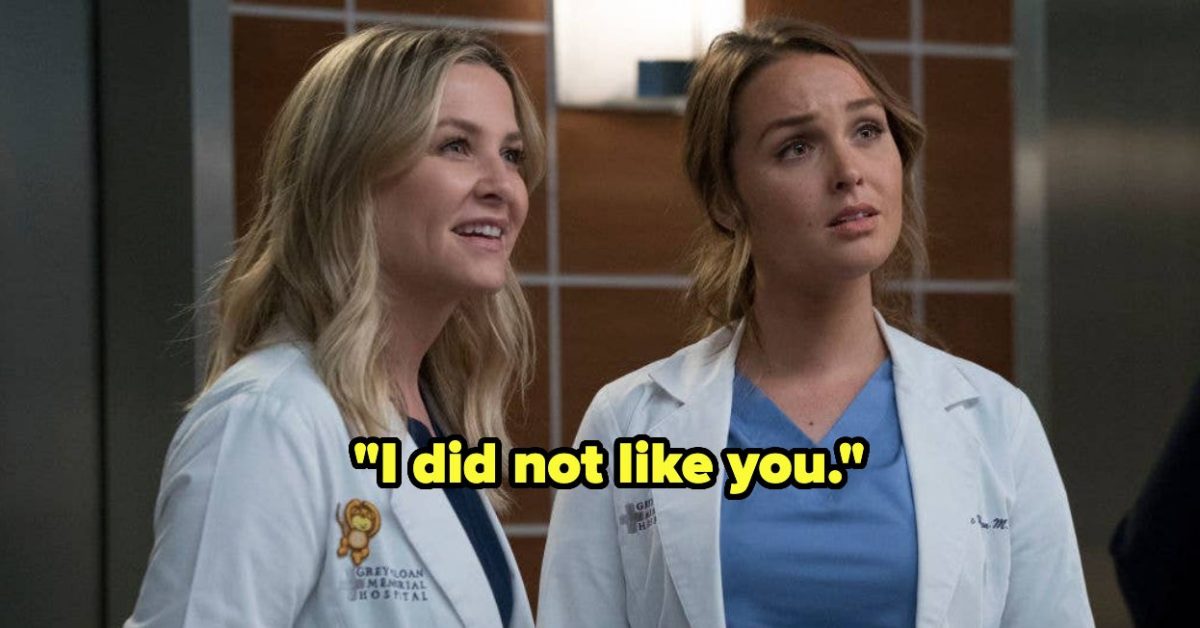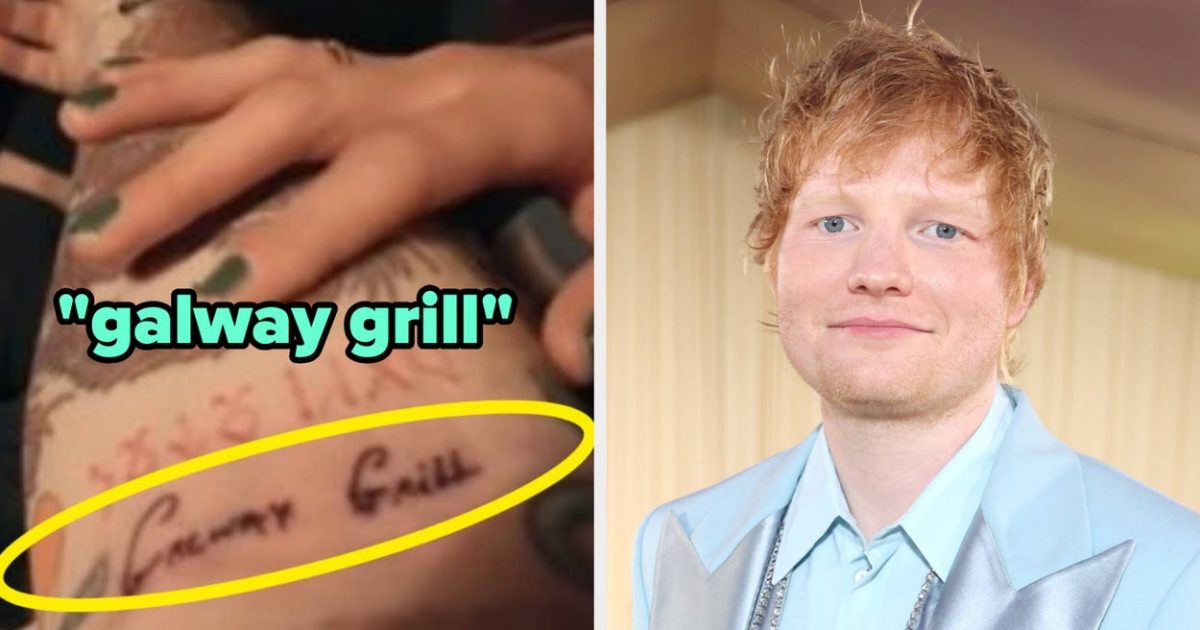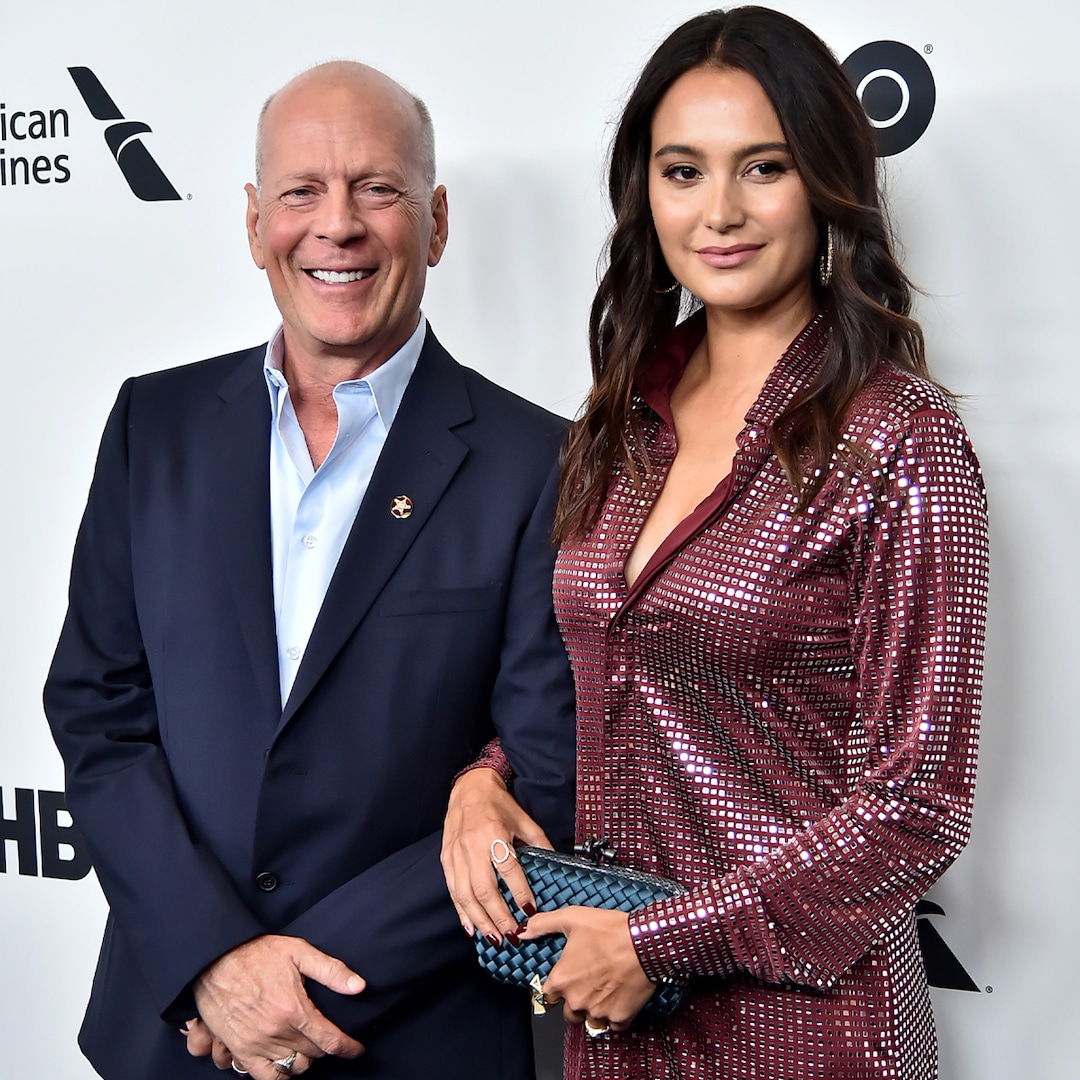
Marlon Brando’s Directorial Debut Was a Stanley Kubrick Western First
Apr 18, 2023
Marlon Brando is one of the most acclaimed actors in the history of cinema, but you’d be hard-pressed to find someone saying he was also one of the easiest to work with. While Brando has more than earned his reputation thanks to his performances in films like On the Waterfront and The Godfather, his off-camera behavior has put a damper on an otherwise mythical career. Refusing to memorize lines, halting production until his eccentric list of demands had been met, arriving on set late and without any preparation (assuming he even showed up)… all common grievances those who collaborated with him had to endure in the name of great art. His resumé includes some of the best films ever made, but also plenty that underwent lengthy (and often arduous) productions, of which Brando shoulders part of the blame. One of the most noteworthy examples is One-Eyed Jacks, a 1961 western noteworthy not just as Brando’s only directing effort, but for its protracted development that originally saw Stanley Kubrick taking the helm. Cinema’s ultimate perfectionist trying to direct cinema’s ultimate wild card? What could possibly go wrong?
COLLIDER VIDEO OF THE DAYSCROLL TO CONTINUE WITH CONTENT
RELATED: Every Stanley Kubrick Movie, Ranked
‘One-Eyed Jacks’ Puts a New Spin on the Classic Western Formula
Image via Paramount Pictures
To the uninitiated, One-Eyed Jacks may appear indistinguishable from any Western released during its so-called Golden Age (a twenty-year period when the genre was the dominant force in American filmmaking), but those willing to dig deep will realize that there is far more to Brando’s passion project. The film tells the story of Rio (Brando), a part-time romantic and full-time outlaw who spends his days riding from one illicit job to the next with his crew of like-minded scoundrels. Following a botched robbery that sees him serving five years in a Sonora prison, Rio sets out to kill the man who betrayed him, Dad Longworth (Karl Malden), a former fugitive who has renounced his previous life to become the sheriff of the town of Monterey. To add insult to injury, Rio schemes to rob the town’s bank with his new partners-in-crime Chico Modesto (Larry Duran) and Bob Emory (Ben Johnson), but his plans are thrown into disarray upon meeting Louisa (Pina Pellicer), Dad’s stepdaughter with whom Rio falls in love – a topic that Dad has lots to say about.
On paper, One-Eyed Jacks is classic Western material, but Brando is not content with creating mere pastiche. Instead, he utilizes the film’s The Good, the Bad and the Ugly style revenge plot to deconstruct the basic foundations of the genre, transforming One-Eyed Jacks into a fascinating bridge between the squeaky-clean Westerns of Classical Hollywood and the revisionist Westerns of New Hollywood. Rio is not a hero – he’s a criminal who’s incapable of saying anything that isn’t a lie, even when seducing a woman who is already in love with him. In another film, such a scene – framed against the setting sun on a picturesque beach – would be a tender moment, but here it feels decidedly uncomfortable. Rio and Brando both give the impression of strolling through life in a constant state of serenity, resulting in extended sequences that exist solely to let the actors do their thing. Thankfully, Brando avoids the temptation of falling into the safety net of stereotypes, ensuring that even the minor players are captivating to watch. Throw in some gorgeous cinematography and strong performances, and you have one of the best westerns of the 1960s.
Many Writers Worked on ‘One-Eyed Jacks,’ Including Sam Peckinpah
Image via Paramount Pictures
But, as with most classics, the road to One-Eyed Jacks was paved with hardships and controversies. The film was one of the few produced by Pennebaker, Inc., a production company founded by Brando and his father to make a culturally sensitive Western about the treatment of American Indians (a topic Brando has always cared passionately about). After that fell through, the father-son duo turned their attention towards the Charles Neider novel The Authentic Death of Hendry Jones, a fictional retelling of the notorious Western figures Billy the Kid and Pat Garrett. Rod Serling – the head writer and presenter of the cult show The Twilight Zone – was enlisted for scriptwriting duties, but producer Frank P. Rosenberg disapproved of his ideas and brought on board a then-unknown Sam Peckinpah to get the job done properly.
It’s fitting that Peckinpah would contribute to One-Eyed Jacks. Like many of its crew past, present, and future, Peckinpah is a polarizing figure – revered for his morally complex films that challenged the established norms of Hollywood, but derided for his problematic real-life demeanor that generated enormous damage to his professional and private life. Of all the genres he worked in, the Western is the one he is most associated with, and rightfully so. If you’re going to critique the American national character during such a revolutionary period of its existence, then where better to do it than with the atypical American genre – a fact Brando and Rosenberg were no doubt aware of when they hired him. Reception to Peckinpah’s script was overwhelmingly positive, with Brando accepting it without hesitation (a rare feat indeed). Now they just had to find a director.
Marlon Brando Requested Stanley Kubrick Be Hired, But Soon Conflicts Arose
Image via Paramount Pictures
Enter, Stanley Kubrick. Much like his assigned scriptwriter, Kubrick was still in the early days of his now legendary career, although the success of his 1957 anti-war masterpiece Paths of Glory had propelled him to international fame. Suddenly Kubrick found himself inundated with offers from his new overnight fans, one of which came direct from Brando himself (“Stanley is unusually perceptive,” he later said of him. “He digests what he learns and brings to a new project an original point of view and a reserved passion.”). Kubrick was happy to accept, but only on the condition that he could bring along his Paths of Glory writer Calder Willingham to overhaul Peckinpah’s script… a decision that signaled the start of One-Eyed Jacks’ turbulent development.
If there’s one thing everyone knows about Stanley Kubrick, it’s that his perfectionist instincts are among the most fervent in cinema. There’s no denying that this played a significant role in his standing as one of the greatest filmmakers of all time, but they also earned him great scorn from many of his co-workers (to the extent that some refused to work with him again). His conduct on One-Eyed Jacks was no different. Kubrick and Willingham worked on the script for months, but nothing they produced satisfied the ballooning narcissism of the film’s lead. Meanwhile, Kubrick was unhappy at Brando’s insistence on casting Karl Malden in the role of Dad, with Kubrick campaigning to have him replaced by Spencer Tracy. In hindsight, a falling out between the two was inevitable. Kubrick is the textbook definition of a micromanager, planning out every aspect of a film with a level of precision that would drive most people insane. By comparison, Brando was considerably more laidback, a carryover from his improvisational acting style that neglected preparation to allow for naturalistic performances. It was clear that their partnership wouldn’t last – the only question was who would blink first.
Well, it took a while (two whole years, in fact), but eventually Kubrick folded. The final straw came during a last-minute meeting with Brando intended to quash their longstanding conflicts before the cameras started rolling (something that was penciled in for two weeks). Things were going badly from the moment Kubrick seated himself at the table. Brando pulled out a stopwatch, placed it on the table, and then demanded that every issue Kubrick had with the film be stated before the timer reached zero. Kubrick (understandably) thought the whole thing was ridiculous, but began working through his list of grievances regardless. He’d only gotten to the script’s fifth page before the buzzer rang, at which point Brando and Kubrick resumed their usual bickering. Shortly afterward, Kubrick walked away from the film, although whether he was fired or resigned changes depending on the source. Either way, the outcome was the same – One-Eyed Jacks had squandered the opportunity to be directed by one of its era’s finest directors, but what came next proved even more intriguing.
Marlon Brando Took Over as Director for the First (And Last) Time in His Career
Fed up with the constant rewrites and creative disagreements, Brando decided to helm the project himself and hired Guy Trosper to rework the script to his liking (although Kubrick later suggested that this was always his intention). The resulting shoot was exactly what you’d expect when an indecisive auteur with no experience behind the camera decided to direct their own star vehicle – messy. While One-Eyed Jacks was far from a Heaven’s Gate-level disaster, many of Brando’s antics are similar to those of Michael Cimino on the set of his troubled masterwork. Shooting over a million feet of film due to constant retakes, tripling the budget from a meager $2 million to a hefty $6 million, stalling production for hours until the waves on the nearby ocean looked just right (that last one feeling like a direct processor to Cimino’s insistence that filming could not resume until a cloud he liked had drifted into shot) – all offenses that would have killed a director’s career stone-dead. But Marlon Brando was no regular director. He was an Academy Award-winning actor at the apex of his fame, making him borderline untouchable. As such, Paramount left him to his own devices – a decision they soon regretted.
When Brando rocked up to Paramount headquarters to display his much-anticipated opus, a five-hour epic that ends with the protagonist’s lover being killed by her father wasn’t what executives had in mind. Put simply, they were horrified, and demanded sweeping changes lest all this hardship have been in service of an unreleasable film (good thing Brando hadn’t shown them the eight-hour cut). While Brando did concede to one day’s reshoots to allow for a (slightly) more upbeat ending, it was obvious this alone would not be satisfactory. Be it tiredness, stress, or just plain old boredom, Brando put up little of a fight, leaving Paramount to remove hours of material until the film achieved its 141-minute form. For what it’s worth, they did a substantially better job than most studio hack jobs (unlike the theatrical cut of Blade Runner, for example, One-Eyed Jacks works as a cohesive product without any glaring omissions/additions), but the experience still left Brando cold. He never directed again, and the difficulties he faced getting One-Eyed Jacks made – all for him to lose control at the last possible hurdle – certainly played a role in that choice.
It’s impossible to watch One-Eyed Jacks and not imagine the other forms it could have taken. Stanley Kubrick is the obvious what-if given that the western was one of the few genres he never turned his hand to, but the number of rewrites and reedits the film was subjected to gives rise to ample speculation beyond just one potential version (an idea prodded along by Sam Peckinpah’s 1973 Pat Garrett and Billy the Kid that saw the director refusing parts of his discarded One-Eyed Jacks screenplay). But such theories mustn’t overshadow the film itself. One-Eyed Jacks is not always the most elegant film, but it is a highly engrossing one – bolstered by a unique personality that only an inexperienced director (especially one as impetuous as Brando) could provide. Thinking about it, perhaps that’s why he never directed again.
Publisher: Source link
"We Despised Each Other So Much That It Read As Love": 13 Costar Duos Who Did NOT Get Along
Diane Kruger said, "It kind of sucked. He's dead, so I can say that. But he wasn't the most pleasant person."View Entire Post › Disclaimer: This story is auto-aggregated by a computer program and has not been created or edited…
Dec 25, 2024
19 Best Experience Gifts for Everyone on Your List
Our writers and editors independently determine what we cover and recommend. When you buy through our links, E! may earn a commission. Learn more. As the holidays approach, the last loved one on your list is usually the hardest person to…
Dec 25, 2024
Celebs With Embarrassing Tattoo Mistakes Revealed
If read vertically from top to bottom and horizontally from right to left, which is how Japanese is read, the tattoo translates roughly to say "ring seven fingers." However, if the tattoo is read horizontally from left to right and then…
Dec 24, 2024
Bruce Willis’ Wife Emma Shares Family Photos Amid His Health Battle
Bruce Willis’ wife Emma Heming Willis is cherishing the good times. Almost two years after the Die Hard actor’s wife, his ex-wife Demi Moore, and his kids Rumer Willis, 36, Scout Willis, 33, Tallulah Willis, 30, Mabel Willis, 12, and Evelyn Willis, 10, announced that…
Dec 24, 2024











